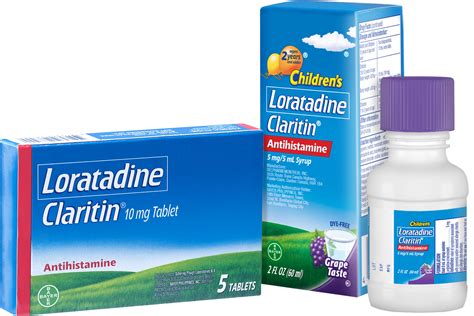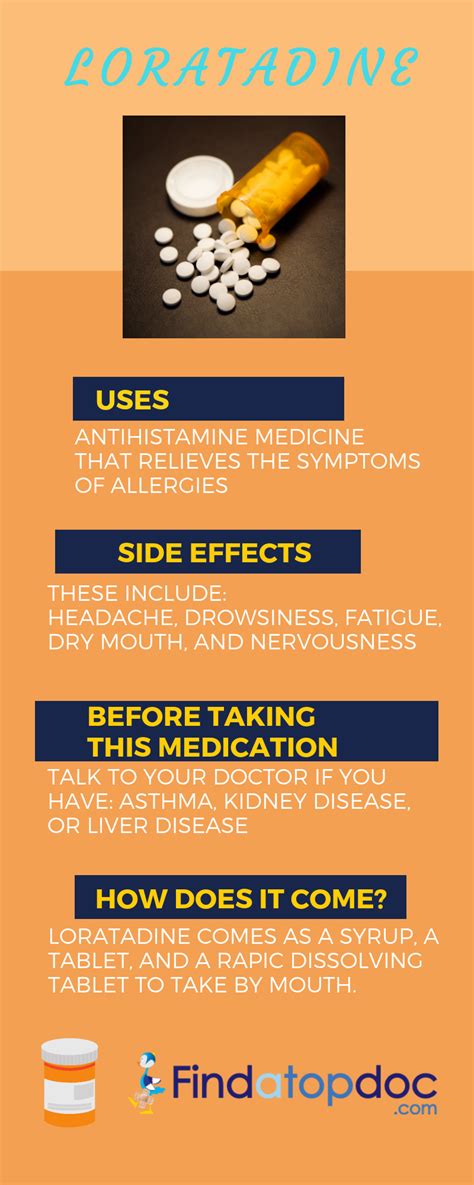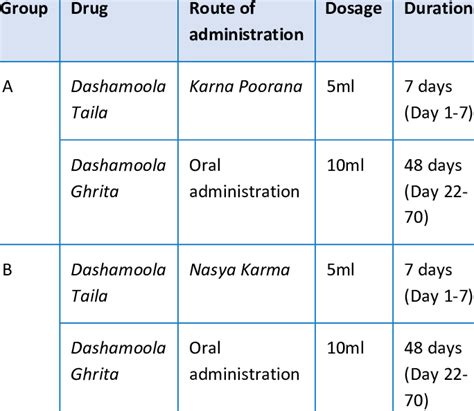Intro
Discover key facts about Loratadine, an antihistamine for allergies, including its uses, side effects, and interactions, to understand its role in relieving symptoms of hay fever and other allergic reactions.
Loratadine is a medication that has been widely used for decades to relieve symptoms of allergies, such as runny nose, sneezing, and itchy eyes. It is an antihistamine, which means it works by blocking the action of histamine, a chemical released by the body's immune system during an allergic reaction. Despite its widespread use, there are many interesting facts about loratadine that are not well-known. In this article, we will delve into the world of loratadine and explore its benefits, working mechanisms, and other key information related to this medication.
Loratadine is a non-sedating antihistamine, which means it does not cause drowsiness like some other antihistamines. This makes it a popular choice for people who need to relieve their allergy symptoms without feeling tired or groggy. Additionally, loratadine is available over-the-counter (OTC) in many countries, making it easily accessible to people who need it. However, it is essential to use loratadine responsibly and follow the recommended dosage to avoid any potential side effects.
The history of loratadine dates back to the 1980s, when it was first developed by a team of scientists at the pharmaceutical company Schering-Plough. The medication was initially approved by the US Food and Drug Administration (FDA) in 1993 and has since become one of the most widely used antihistamines in the world. Today, loratadine is available in many different forms, including tablets, capsules, and syrups, making it easy for people to find a formulation that suits their needs.
What is Loratadine?

How Does Loratadine Work?
Loratadine works by inhibiting the release of histamine from mast cells, which are a type of immune system cell. When an allergen enters the body, it triggers the release of histamine from mast cells, which then binds to H1 receptors and causes the symptoms of an allergic reaction. By blocking the H1 receptors, loratadine prevents the histamine from binding and reduces the symptoms of the allergic reaction. This mechanism of action makes loratadine an effective treatment for a range of allergic conditions, including hay fever, hives, and itching.Benefits of Loratadine

Side Effects of Loratadine
While loratadine is generally well-tolerated, it can cause some side effects in some people. Some of the most common side effects of loratadine include: * Headache * Dizziness * Stomach upset * Dry mouth * FatigueUses of Loratadine

Precautions and Interactions
While loratadine is generally safe, there are some precautions and interactions to be aware of. For example: * Loratadine can interact with other medications, such as sedatives and tranquilizers * It can also interact with certain foods, such as grapefruit juice * People with kidney or liver disease should use loratadine with caution * Pregnant and breastfeeding women should consult their doctor before using loratadineDosage and Administration

Overdose and Toxicity
While loratadine is generally safe, an overdose can occur if too much of the medication is taken. Symptoms of an overdose can include: * Drowsiness * Confusion * Rapid heartbeat * Seizures * ComaConclusion and Final Thoughts

We invite you to share your thoughts and experiences with loratadine in the comments below. Have you used loratadine to relieve your allergy symptoms? What were your experiences like? Share your story and help others understand the benefits and potential side effects of this medication.
What is loratadine used for?
+Loratadine is used to relieve the symptoms of allergies, such as runny nose, sneezing, and itchy eyes. It is also used to treat hives, itching, and allergic conjunctivitis.
Is loratadine available over-the-counter?
+Yes, loratadine is available over-the-counter in many countries. However, it is essential to follow the recommended dosage and consult a doctor if you have any questions or concerns.
Can loratadine cause drowsiness?
+No, loratadine is a non-sedating antihistamine, which means it does not cause drowsiness. However, it can cause some side effects, such as headache, dizziness, and stomach upset.
Can I take loratadine with other medications?
+It is essential to consult a doctor before taking loratadine with other medications. Loratadine can interact with certain medications, such as sedatives and tranquilizers, and cause adverse effects.
Is loratadine safe for pregnant and breastfeeding women?
+Pregnant and breastfeeding women should consult their doctor before taking loratadine. While loratadine is generally safe, it is essential to weigh the benefits and risks before using any medication during pregnancy or breastfeeding.
